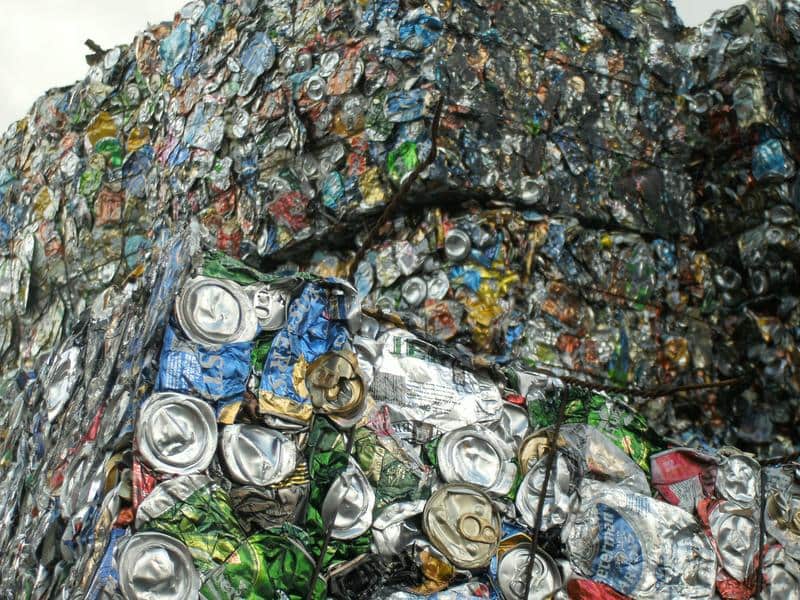The association explained that this is because the flat rate of a 20p deposit regardless of the container’s size could incentivise more plastic being sold as plastic bottles usually carry more liquid than cans. As a solution, the BMRA suggested a variable-rate model which already operates in Scandinavia.
The association outlined that the warning comes as England and Wales are still working to decide how an all-in scheme would operate, while Scotland’s DRS launch is planned for August.
The schemes will see a 20p deposit placed on in-scope drinks containers, which includes plastic, aluminium and glass containers in Scotland. In Scotland, this is set to apply to containers ranging from 50ml to three litres in size.
The fact that the deposit remains at 20p regardless of the size of the containers is a “key issue” in the proposals, according to the BMRA.
Research
The BMRA referenced research carried out by Alupro, the Aluminium Packaging Recycling Organisation, which surveyed 2,000 people.
Of these, two thirds of those buying cans in multipacks said they would be more likely to switch to the plastic bottles when faced with paying an upfront deposit of £4.80 on top of the purchase price of a 24-can multipack compared with a deposit of 80p for four large plastic bottles containing the same amount of liquid, the survey found. Alupro said that this could lead to some 823 million extra plastic bottles being produced.
Recycling aluminium
The BRMA’s head of policy and public affairs, Antonia Grey, said that while the schemes are “inherently a good thing to encourage further recycling”, aluminium cans already have a “convenient kerbside home collection”.
Ms Grey noted with recycling rates for beverage cans already high, “it would be interesting to see the impact”. She added that beverage cans are the most recycled beverage packaging type, with Alupro reporting that four in five (82%) beverage cans were recycled in 2021.
“Recycling aluminium cans in the UK is an efficient closed loop system. We agree with concerns presented by other associations and industries, that it could add additional pollution to a system already working,” Ms Grey continued. “In addition, given the cost-of-living crisis, would people pay more for their cans of drink versus a bigger bottle?”
Variable rate
To avoid this, the BMRA suggested the introduction of a variable-rate DRS, a model which “is already proving successful in Denmark, Norway, Finland and Sweden”.
The so-called ‘nordic model’ sees a varying deposit levied on drinks containers based on their size and material instead of a single flat rate. The BMRA outlined that recycling rates have increased in all of these countries since the implementation of the scheme, with the bottle and can recycling rate in Denmark reaching 90%.












Subscribe for free